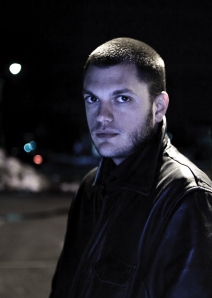This article appears in Italian in the newspaper Corriere della Sera.

«Ma, quando di un passato antico nulla sussiste, dopo la morte degli esseri, dopo la distruzione delle cose, soli, più fragili ma più vivaci, più immateriali, più persistenti, più fedeli, l’odore e il sapore rimangono ancora a lungo, come anime, a ricordare, ad attendere, a sperare, sulla rovina di tutto il resto, a portare senza piegarsi, sulla loro minuscola goccia quasi impalpabile, l’immenso edificio del ricordo» (Marcel Proust, La strada di Swann). Avete notato com’è cambiata l’estetica dei social media? A dieci anni dal suo avvio, il social Web sta diventando sempre più sentimentale, bello e profondo, e presenta di noi e della nostra vita un’immagine a cui guardare con nostalgia. I social media sembrano sempre meno degli scenari futuristici con un design freddo, pulito e minimalista. La visione cyberpunk di un futuro connesso digitalmente era una fantasia. Nessuno in realtà voleva i colori sgargianti e le tute argentate esibite nel film Tron, che sembravano rendere il passato irrilevante e da dimenticare. Era una visione della tecnologia che ora sembra quanto meno limitata.
Dato che di noi possiedono ricordi, identità, interazioni e relazioni con gli altri Read More »









